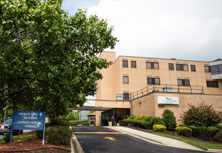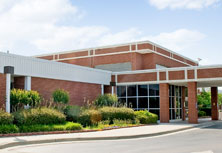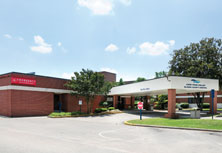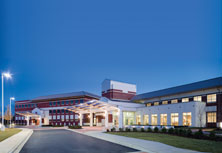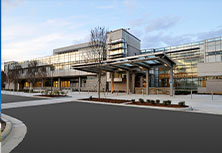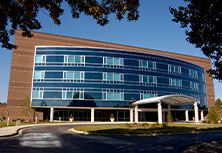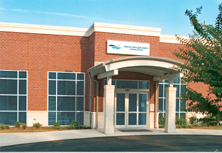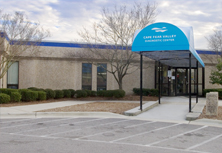Child & Adolescent Psychiatry Program
Campbell University Child and Adolescent Psychiatry Fellowship Program
The Child and Adolescent Psychiatry fellowship program at Cape Fear Valley Health (Fayetteville, NC) is a fully accredited two-year community-based program that accepts three fellows each year. During the two years of training, child and adolescent psychiatry fellows are exposed to a variety of clinical settings to establish a solid foundation in necessary core competencies to prepare them for clinical and academic interests in a range of child and adolescent specialty services. During the two years of training, fellows will experience:
- Inpatient coverage on an adolescent unit known as the Doreatha Dix Center
- Pediatric consult liaison training that includes pediatric emergency room consults and pediatric medical floor consults
- Outpatient coverage specifically tailored to children and adolescents from ages 3 to 18 focusing on medication management and psychotherapy services
- Public agencies such as group homes and safe houses for children, school systems, court settings, and other health care community organizations specializing in subspecialties such as addiction services, juvenile detention, forensics, neuropsychological testing, and eating disorders
- Pediatric neurology rotations at the University of North Carolina (UNC)
- Tele-health visits with outlying hospitals including a critical access hospital in a neighboring county
Learn more about how first and second year fellows' time is allocated during their two-year fellowship training.
Why Pursue a Child and Adolescent Psychiatry Fellowship?
Child psychiatry training is valuable not only for physicians who have decided upon a career working with children, but also for psychiatrists who demand a fuller appreciation of behavior and psychopathology from longitudinal and developmental perspectives. Many important psychiatric disorders, including behavior disorders and pervasive developmental disorders begin in childhood. Other disorders commonly viewed as the domain of adult psychiatry, including schizophrenia and bipolar disorder, typically begin in adolescence or early adulthood, with early signs sometimes evident from infancy. Psychosocial adversity in early life reverberates through the lifespan and most theories of personality development emphasize early developmental influences and predispositions. For these reasons, child psychiatrists offer unique perspectives on psychopathology across the life cycle. The capacity to treat the whole family spanning several generations of psychopathology will become increasingly valuable especially as the United States is experiencing an increasing need for behavioral health services at almost every age.

